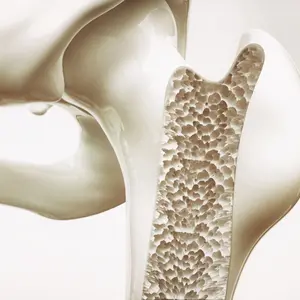

Chronic Conditions and Diseases

Chronic Conditions and Diseases
Mindfulness and Controlled Breathing Can Reduce Stress
As the world struggles to cope with isolation and fear in the wake of the global pandemic, many are feeling the effects of prolonged stress. Dr. Janice Kiecolt-Glaser of Ohio State University has dedicated her studies to the effects of stress. She says the feeling of being overloaded, unable to cope, and out of control are stress responses that can negatively impact health and well-being.
While stress isn’t always bad—it’s a survival response that can help you respond quickly to a threat—long periods of it can harm your health. Research shows that chronic stress promotes inflammation, which is associated with many diseases, including heart disease, cancer, arthritis, and some mental illnesses. Mood swings and irritability are also linked to stress. Stress can also affect metabolism, and stressful events can make the body burn fewer calories at rest.
According to Dr. Kiecolt-Glaser, the key to preserving good health and well-being is to recognize stress and learn how to cope with it. She and her team of researchers are working to understand how stress affects health and exploring ways to relieve stress. Getting regular sleep and exercise, eating well-balanced meals, doing an activity you enjoy, and staying socially connected are all stress-reduction tools. “Loneliness is really destructive,” says Kiecolt-Glaser.
Practicing mindfulness is enabling many people around the world to cope with stress. Mindfulness expert Dr. Richard Davidson of University of Wisconsin-Madison says in one study participants spent nearly half their waking life not paying attention to what they were doing, and “when they were not paying attention to what they’re doing, they were significantly less happy.”
Controlled breathing can also bring stress relief. Dr. Jack Feldman, an expert on the neuroscience of breathing at UCLA, has identified the brain circuits responsible for breathing and sighing, and is researching how breathing techniques affect mood. He believes controlled breathing disrupts the brain circuits involved in depression. Practicing various techniques such as “belly breathing” can reduce stress and anxiety considerably, says Dr. Feldman.
REFERENCES
National Institutes of Health. (2021, January). Feeling stressed? Ways to improve your well-being. News in Health. https://newsinhealth.nih.gov/2021/01/feeling-stressed


 By
By







